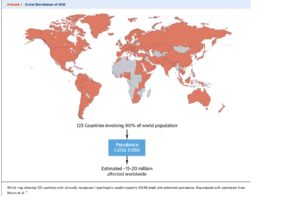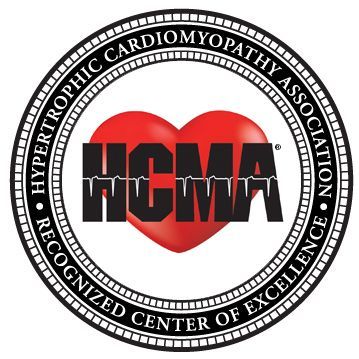
An expert panel of HCM doctors published two state-of-the-art reviews in the Feb. 1, 2022 issue of Journal of the American College of Cardiology. The reviews are aimed at doctors who treat patients with HCM. But they include much information of interest to patients.
The reviews cover some ground different from the 2020 AHA/ACC consensus document on HCM diagnosis and treatment , and the authors reach some conclusions that are different from the AHA/ACC document. The members of the expert panel are Drs. Barry J. Maron, Miland Y. Desai, Rick A. Nishamura, Paolo Spirito, Harry Rakowski, Jeffrey A. Towbin, Joseph A. Dearani, Ethan J. Rowin, Martin S. Maron, and Mark V. Sherrid.
Some topics covered
Some of the topics covered include questions frequently raised by HCM patients, including
- How to diagnose HCM;
- How to use genetic testing for family screening;
- What testing should be done at what intervals after diagnosis;
- How often to screen children of those with HCM; and
- Safe exercise recommendations.
Where to find the reviews
These reviews are open-access and freely available. You can use these links to read them:
The post Two new state-of-the-art reviews on HCM appeared first on Hypertrophic Cardiomyopathy Association.
HCMA Blog


 Translate
Translate